Comparing Yourself to Others: 4 Ways to Avoid the Negative Comparison Trap
Thursday 28 March 2024
.png?lang=en-GB&ext=.png)
The rest of us might scan the room for a familiar face, position ourselves in a quieter corner, scroll our phone and try to look busy, or sit down beside a friendly face and try make polite conversation.
Throughout the day our thoughts might sound a little like:
“These people look effortlessly amazing, if they saw me in my leisure wear and my hair up running the kids to school, they'd know I don't really belong here.”
“Wow, her business sounds so interesting, no one wants to hear about what I do.”
“She has so much experience and really knows her stuff, I'm so new to this and feel like I'm winging it most of the time.”
and “Look at that pitch, she's so confident. I could never sound like that!”
The Urge to Compare
Psychologist Leon Festinger introduced the Social Comparison Theory, which highlights the inherent human tendency to seek validation and affirmation through comparison with our peers. But in the competitive world of business, we may find ourselves constantly measuring our accomplishments against our counterparts, leading to feelings of inadequacy or imposter syndrome.
The tendency to compare ourselves to others can be both a motivator and a stumbling block. If used positively, it can inspire us to learn new things, seek out new opportunities and push us forward, but if our comparisons make us feel negative about ourselves, they can seriously impact on our confidence and inhibit our growth. Therefore, understanding the psychology behind comparing ourselves to others is crucial to developing our confidence, valuing our competence, and navigating the challenges of success.
The Impact of Gender Stereotypes
From an early age, we are conditioned to assess our worth relative to others – are we smart enough, thin enough, nice enough, pretty enough, popular enough? In the context of business, this often translates into comparing our achievements, skills, and progress with the women around us. But the pressure to measure up to societal expectations of success can feel particularly intense. The pervasive myth of the "perfect woman" who effortlessly balances career, family, and personal life only amplifies the urge to compare.
Gender stereotypes also play a significant role in shaping how we perceive ourselves in the business world. We may be one of only a few women in the room, or may feel pressure to prove ourselves in male-dominated industries, leading to heightened scrutiny of our own performance and heightened sensitivity to our possible shortcomings. We may also lack role models within our communities and families, so struggle to find examples of women doing what we have chosen to do, or in the way we want to do it. This isolation can fool us into thinking we're the only one facing the challenges we face.
The Myth of Perfect
We find ourselves measuring our complex and complete experience against the carefully crafted personas of our peers, without the benefit of knowing their failures, frustrations or insecurities. In the age of social media, the temptation to compare ourselves to others is more prevalent than ever. Platforms like LinkedIn and Instagram showcase curated versions of success, often leading to unrealistic comparisons and feelings of inadequacy. Unlike the utterly human messiness of our own lives, right in front of our noses everyday, the reality of other people's experience is hidden behind their filtered photos and slick taglines, but we still look at them and judge ourselves harshly. This phenomenon, known as social comparison bias, can further exacerbate our own feelings of self-doubt and insecurity. So how do we avoid this trap?
4 Tips to Avoid Negative Comparisons
First, instead of viewing comparison as a measure of worth, we can reframe it as an opportunity for growth and learning. The first step is to practice self-compassion. Embracing imperfection and acknowledging personal achievements, no matter how small, can help counteract feelings of inadequacy and self-doubt. Start to notice how negative your “inner voice” is and try to reframe that thought into something that you might say to a good friend. It will probably sound more empathic, kind and understanding. Something that starts as “she has so many high profile clients, I couldn't possibly compete,” might turn into, “I've done pretty well so far and it's going to take some time for me to build up a reputation to get those larger clients.”
Second, rather than measuring success solely based on external benchmarks like job titles, awards, or markers of material wealth, we can define our own criteria for success. Take time out to reflect on your why. Setting personal goals aligned with your values and aspirations, based on what excites and inspires you personally, and in keeping with your own skills and strengths, keeps you focussed on your individual journey. And don't forget to reward yourself! Actively celebrating your unique strengths and accomplishments that are personally meaningful to you, will help you to cultivate a sense of fulfilment and satisfaction that is independent of what others are doing.
The third antidote to getting trapped in negative comparison is building a supportive group of mentors, peers, and allies who can provide valuable perspective and encouragement. We all need cheerleaders! Sharing your insecurities may feel scary, but I guarantee you'll be surprised at how many people have felt the same way. By sharing your negative comparisons you will benefit from their experience, perspective and support. They will also remind you of how far you've come, what you're good at, and what makes you unique.
And my final piece of advice is to express appreciation to the people who scare you. This might be surprising but the people we feel most intimidated by, and inferior to, are human too. If we imbue people with super-human qualities then we avoid them. It's then easy to keep telling ourselves we can never measure up. The next time you compare yourself to a quirkily dressed, confidently spoken woman who seems to be killing it at a business event, try speaking to her. Thank her for what she did and why you appreciate her. Notice how it feels to give a compliment rather than dunking silently on yourself.
If you come across a LinkedIn or Insta post by someone in your industry that hits your inferiority button, send them a DM to tell them how great their work is and what you like about it. This helps you to humanise them, and avoid social comparison bias. You might even make a friend!
The psychology of comparing ourselves to others as a woman in business is a complex interplay of societal pressures, gender stereotypes, and personal experiences. While the urge to compare is natural, it can also be detrimental if left unchecked. By reframing our comparisons as an opportunity for growth, cultivating self-compassion, setting personal goals, seeking support, and connecting to those we admire with appreciation instead of fear, we navigate the perils of comparison and find our rightful place in the business world. Ultimately, true success doesn't lie in outperforming each other but in embracing our unique journey and celebrating our achievements together.
Who is Etain O'Kane?
Etain is the founder of Synergy Leadership a multi-disciplinary team of a communication and people experts, based in Belfast. She works with high achievers, professionals and businesses to improve their social and emotional skills to meet the demands of todays working world, develop productive relationships, and build cohesive teams.
Etain is an experienced trainer, an accredited psychotherapist and a Gottman Method couples therapist. She is passionate about emotional wellbeing, effective leadership, group dynamics, and helping people to get unstuck. Get in touch for further information on Emotional Intelligence Leadership training and 1-2-1 executive coaching for professionals and senior teams.
Follow her on LinkedIn or visit her website www.synergyleadership.co.uk
Author Etain O'Kane
Thursday 28 March 2024




 Contact us
Contact us
 Share on social
Share on social Share with a friend
Share with a friend Facebook
Facebook LinkedIn
LinkedIn
 Twitter
Twitter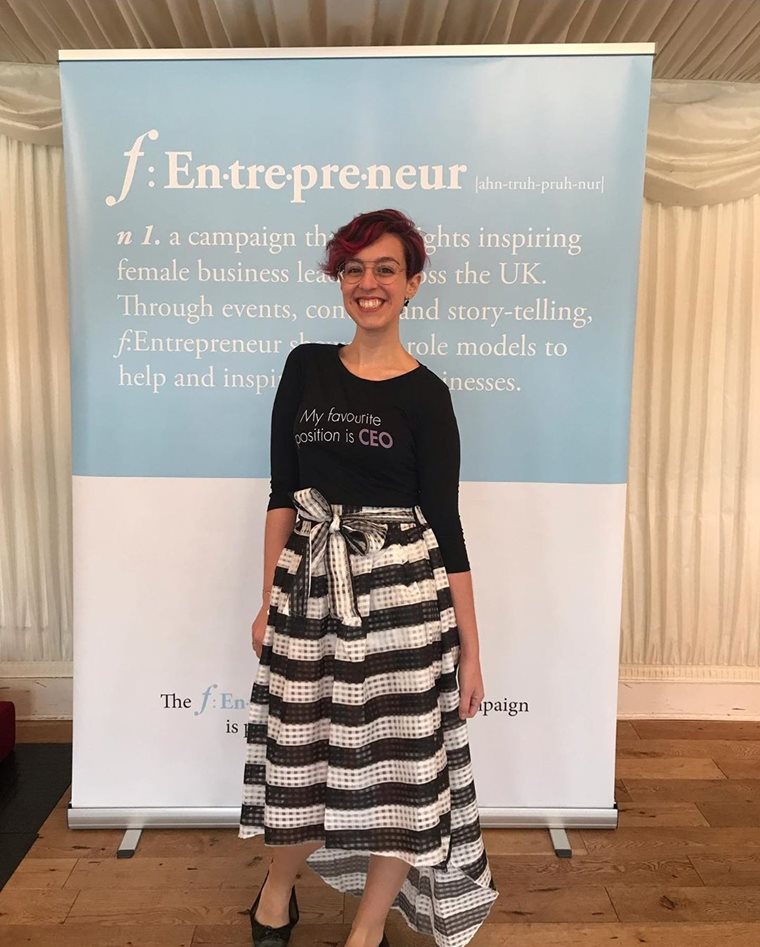
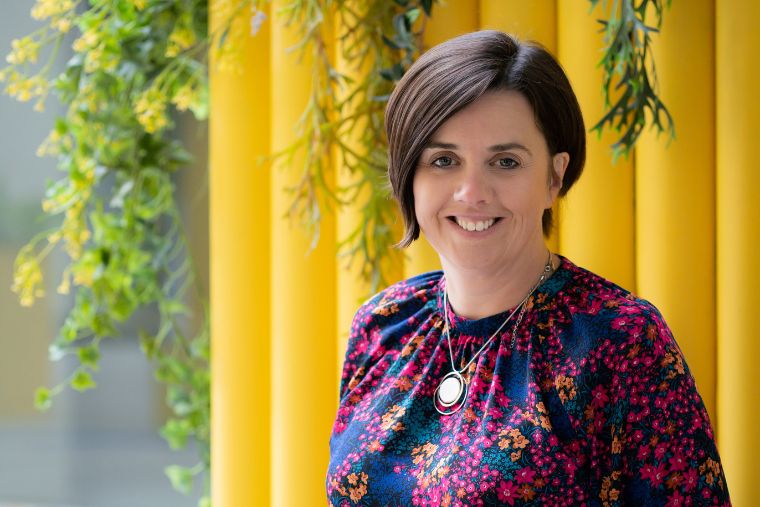

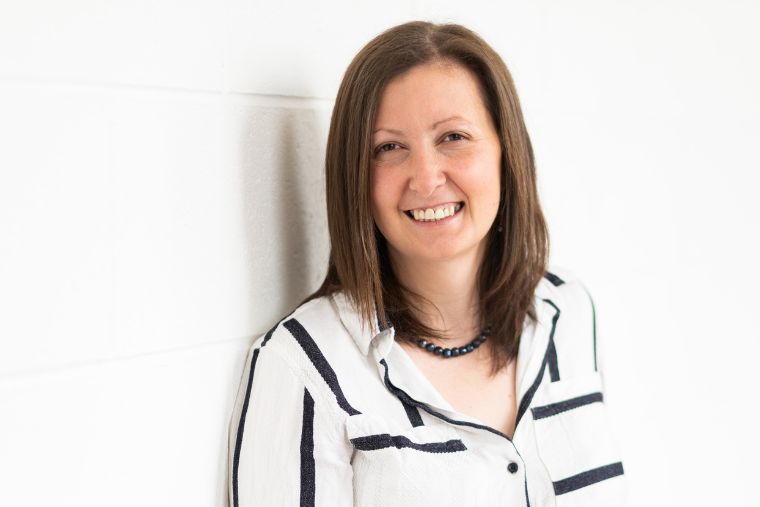




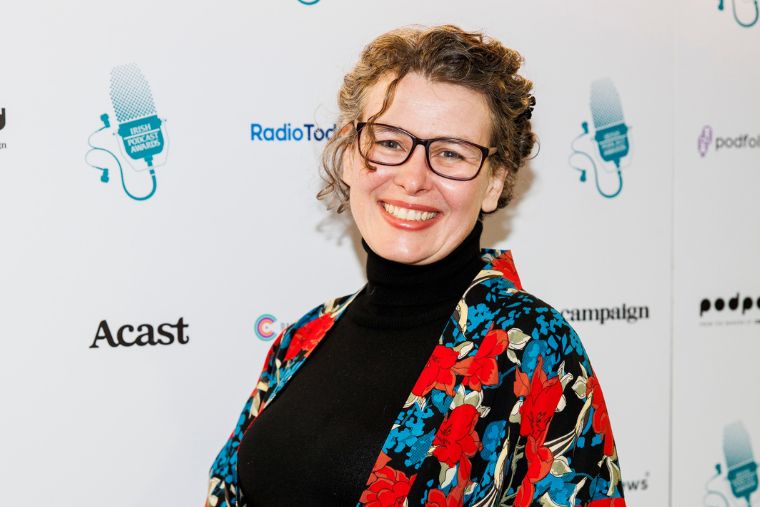

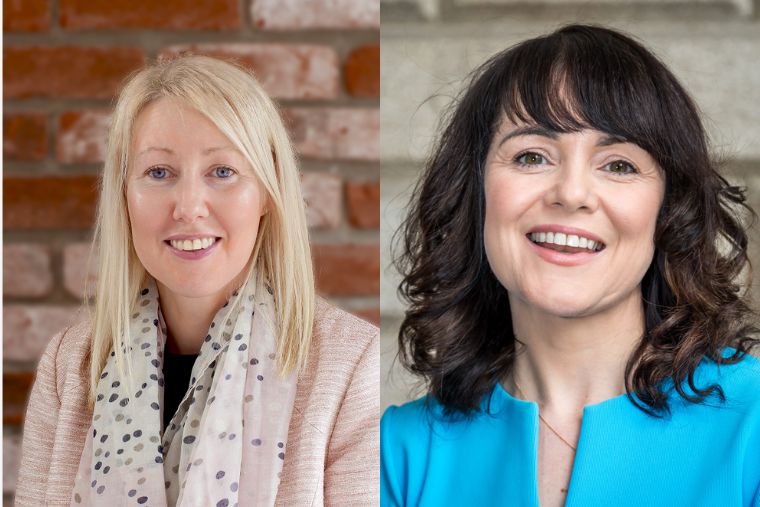
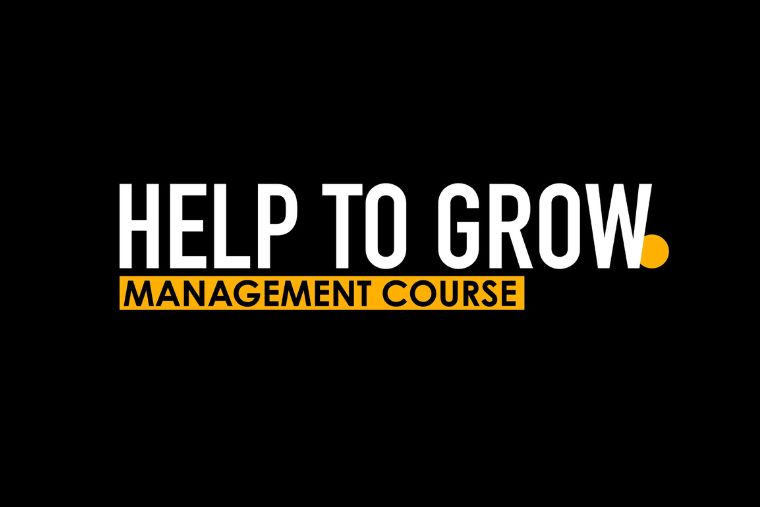



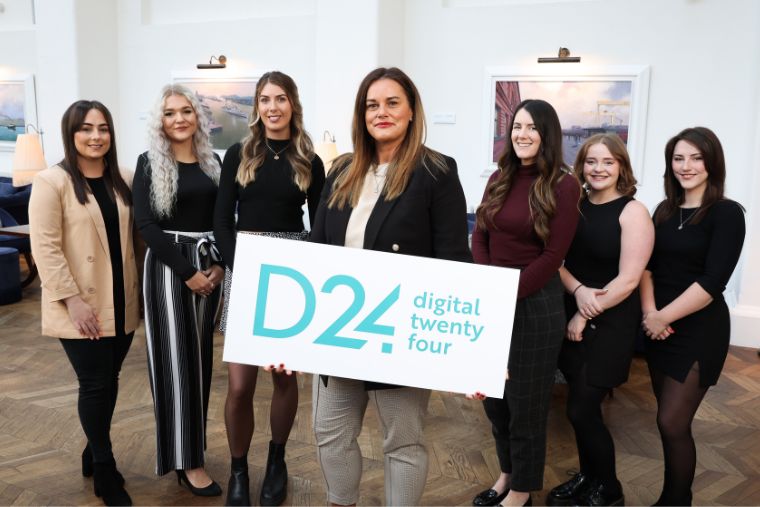

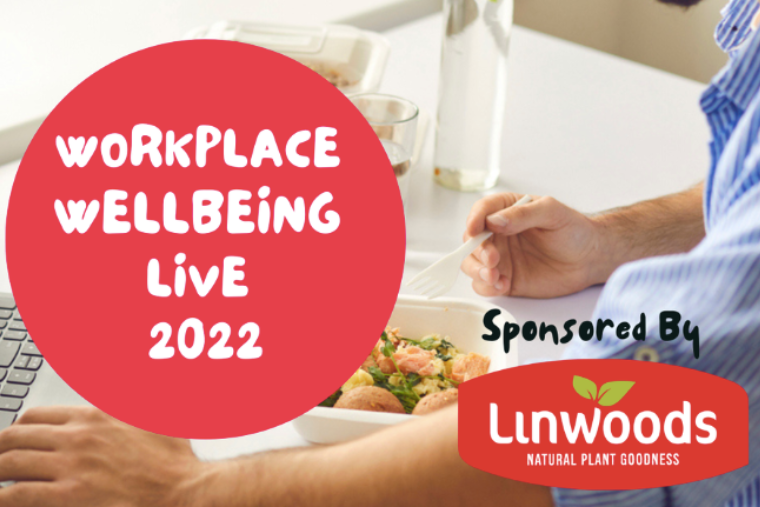

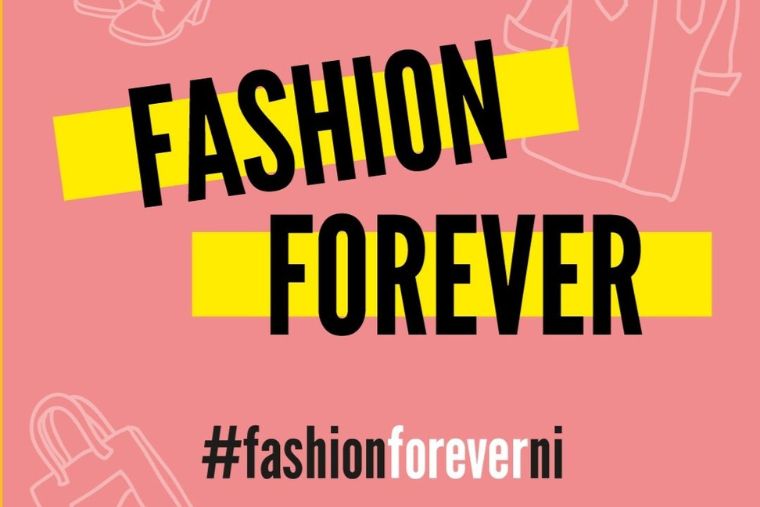
 Get in touch with us
Get in touch with us